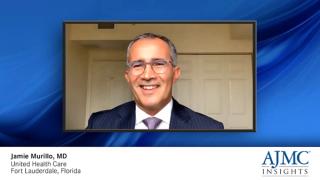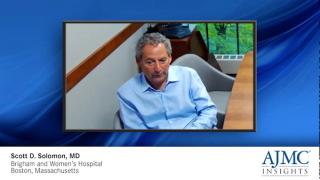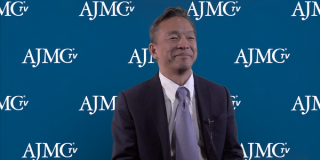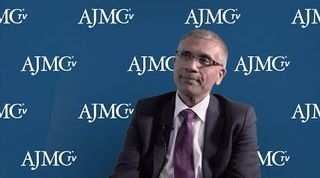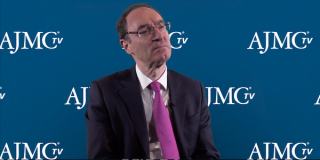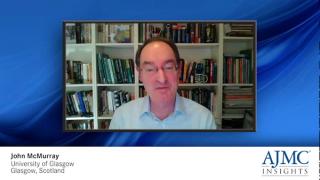
Heart Failure
Latest News
Latest Videos

CME Content
More News

Analysis results revealed racial and sex disparities among patients with hypertrophic cardiomyopathy who receive implantable cardioverter-defibrillator (ICD) devices.
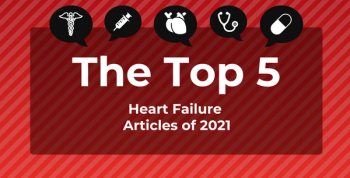
In 2021, there were some changes to recommendations and an important FDA approval for patients with heart failure or who are at risk of heart disease.

Adriaan Voors, MD, professor of cardiology and director of the Heart Failure Clinic, University Medical Center Groningen, the Netherlands, explains why patients provided sodium-glucose co-transporter 2 (SGLT2) inhibitors in hospitals may be unable to continue the medication after discharge.

Under the expanded FDA label, up to 1.8 million individuals in the United States could be eligible for sacubitril/valsartan, and up to 180,000 worsening heart failure (HF) events could be prevented or postponed.

Adriaan Voors, MD, University Medical Center Groningen, the Netherlands, discusses how and why sodium-glucose co-transporter 2 (SGLT2) inhibitors act so quickly for patients with heart failure.
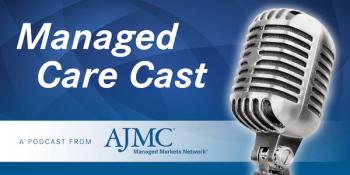
In a study published in our December issue, researchers analyzed how prescribing of the newly approved heart failure drug sacubitril/valsartan diffused across the nation.

Findings presented today during EuroEcho 2021 demonstrate a potential link between persistent dyspnea following recovery from COVID-19 infection and subclinical cardiac dysfunction.

A secondary analysis of economic outcomes–related data from the Rehabilitation Therapy in Older Acute Heart Failure Patients trial attempted to answer if a novel 12-week rehabilitation intervention held cost-effective value.

Rates of sacubitril/valsartan diffusion have been slow and there has been significant geographic variation, highlighting the importance of local prescribing patterns in early drug diffusion.

Adriaan Voors, MD, discusses possible mechanisms of action of empagliflozin that produce such beneficial results among patients with heart failure, in an interview about the EMPULSE trial prior to this year’s American Heart Association Scientific Sessions.

This new investigation into the use of sodium-glucose co-transporter 2 (SGLT2) inhibitors for heart failure shows significant benefit in persons with heart failure with preserved ejection fraction (HFpEF).

A new analysis of data from the HOMAGE study addresses previous mixed results on the use of aspirin among patients who may be at risk of heart failure (HF).

Wanting more data on the benefits of sacubitril/valsartan vs renin angiotensin system inhibitor background therapy, investigators conducted a large randomized study among persons with heart failure with preserved ejection fraction (HFpEF).

Adriaan Voors, MD, professor of cardiology and director of the Heart Failure Clinic, University Medical Center Groningen, the Netherlands, addresses the lack of prescribing for sodium-glucose co-transporter 2 (SGLT2) inhibitors during hospitalization for acute heart failure by highlighting their benefits and that they are part of guideline-directed treatment.

Outcomes of in-hospital mortality, 7-day mortality, and emergency department length of stay were investigated among a cohort of patients with acute heart failure and hypercapnia, or excessive levels of CO2 in the blood.

Individuals with a history of acute myocardial infarction (AMI), or heart attack, may benefit on several fronts following early administration of the neprilysin inhibitor/angiotensin receptor blocker sacubitril/valsartan.

The counties in the United States with more social vulnerabilities had higher premature mortality related to cardiovascular diseases, such as heart disease, stroke, high blood pressure, and heart failure.

For 3 categories of evaluation, elevated cardiac troponin I levels most influenced the development of myocardial injury among persons at higher lifetime weight totals.

The task force determined that potential harms of adults aged 60 and older using aspirin for prevention outweighed the benefits.
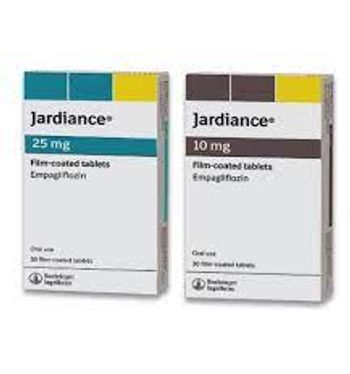
The prevention document, released during ESC Congress 2021, marked the first update of this section of the guidelines in 8 years. It featured changes that reflect the arrival of a pair of drug classes with proven benefits in CV outcomes but that experts say are underutilized.

New research presented at the AHA Hypertension Scientific Sessions 2021 showed that men aged 20 to 49 years and women 70 and older both had a greater risk of hypertension.

In an interview for ESC Congress 2021, Deepak L. Bhatt, MD, MPH, executive director of interventional cardiovascular programs at Brigham and Women’s Hospital Heart & Vascular Center and professor of medicine at Harvard Medical School, describes the treatment outlook for patients with heart failure with preserved ejection fraction (HFpEF).

On this episode of Managed Care Cast, we speak with Susan Quaggin, MD, FASN, a nephrologist and the chief of nephrology/hypertension and director of the Feinberg Cardiovascular and Renal Research Institute at Northwestern University, as well as current president of the American Society of Nephrology (ASN). She discusses the recommendations of the National Kidney Foundation (NKF) and ASN Task Force on Reassessing the Inclusion of Race in Diagnosing Kidney Diseases and what comes next for laboratories, clinicians, and patients.

For patients with heart failure and cardiovascular disease, high intensity interval training has a greater positive effect on cardiorespiratory fitness than moderate intensity continuous training.
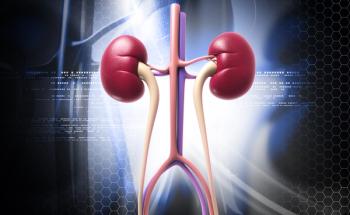
Long-awaited reports released Thursday call for eliminating race in estimated glomerular filtration rate equations and point to alternatives in an effort to eliminate disparities in chronic kidney disease.





